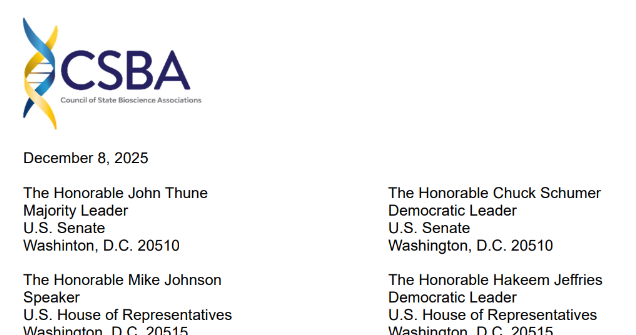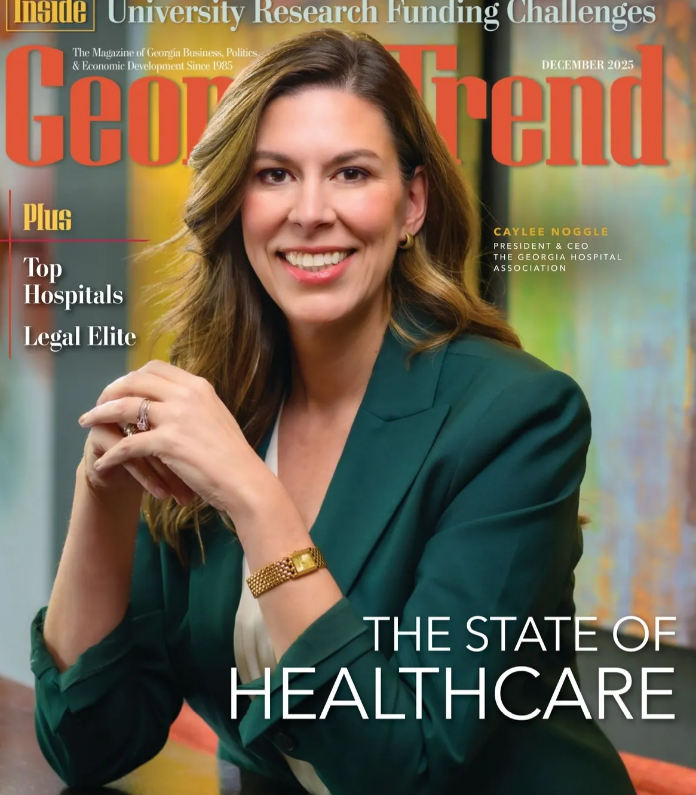New Fellowships Established in Honor of Neuroscience Institute Founding Director
AUGUST 22, 2023
ATLANTA—Georgia State has established the new Wilczynski-Georgia Research Alliance Future Faculty Fellows in Neuroscience. The fellowships will support a cohort of three high-caliber postdoctoral students in Neuroscience with the goal of attracting and retaining exceptionally promising talent.

The collaborative project is funded by an endowed gift in memory of Dr. Walter Wilczynski, the Founding Director of the Neuroscience Institute.
“We intend these fellowships to champion a culture of inclusion and serve to expand diversity in the field of neuroscience” said Dr. Deborah Greene, whose philanthropy initiated the program.
Additional support will come from the Georgia Research Alliance , a public-private partnership that promotes new scientific discoveries and economic growth, as well as the GSU Research Foundation , the College of Arts & Sciences , the Center for Behavioral Neuroscience and the Neuroscience Institute.
“Georgia State’s research enterprise continues to grow by leaps and bounds, and these new fellowships will bring in top-notch neuroscientists to help us continue our growth and impact,” said Dr. Tim Denning, Vice President for Research and Economic Development at Georgia State. “It’s also a wonderful testament to the work of Dr. Wilczynski.”
Wilczynski became the Founding Director of the Neuroscience Institute at Georgia State in 2008, serving in the role for six years before returning to teaching and research. He was a mentor to numerous undergraduate and graduate students, and postdoctoral research fellows.
The Wilczynski-Georgia Research Alliance Fellows will pursue research in strategically selected areas that capitalize on the strengths in the Neuroscience community at Georgia State and leverage the university’s intellectual and infrastructural resources.
“The College of Arts & Sciences is excited to launch this post-doctoral program,” said Dr. Sara Rosen, Dean of the college. “The program will provide a premier research experience to train and develop the next generation of researchers in neuroscience.”
“We are excited to welcome and support new neuroscience scholars to our vibrant research community with the goal of retaining exceptional talent for years of service to the Georgia State student base,” said Dr. Daniel N. Cox, Director of the Neuroscience Institute.
Potential home appointments for the postdoctoral fellows include the Neuroscience Institute, the Center for Behavioral Neuroscience and the Center for Translational Research in Neuroimaging and Data Sciences.
The fellowships will have a three-year term of support with funds for operating expenses and professional development as well as a footprint of laboratory space for building a research program.
“Neurologists are in short supply, yet more undergraduates are interested in studying neuroscience. These two trends underscore the importance of neuroscience faculty,” said Susan Shows, President and CEO of the Georgia Research Alliance. “The Wilczynski Future Faculty Fellows program will make a meaningful contribution to developing neuroscience faculty by bringing new talent to a strong program at Georgia State. The program is a big win for Georgia.”
Source: https://news.gsu.edu/2023/08/22/new-fellowships-established-in-honor-of-neuroscience-institute-founding-director/




